My Top 5 Miniseries
Taylor Jenkins Reid wrote the novel and then co-produced this excellent limited series. The novel follows the “unreliable narrator” approach, where different characters tell different and often conflicting versions of events. The show changes that format, and Jenkins Reid and the main characters say it does a perfect job showing what actually happened. It’s glorious to watch. It’s the only show or movie I’ve watched four times.


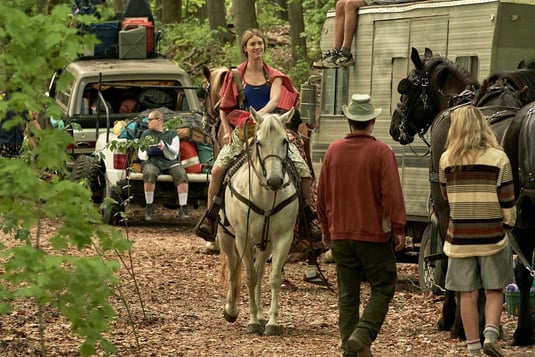

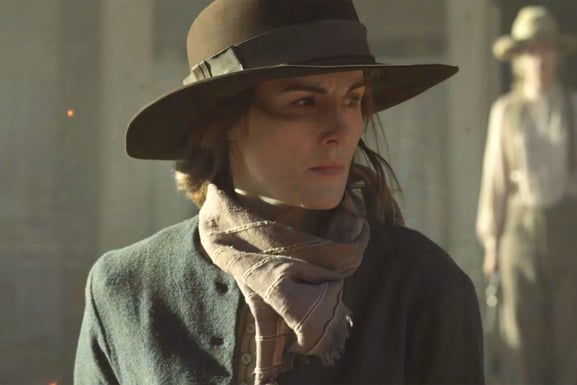

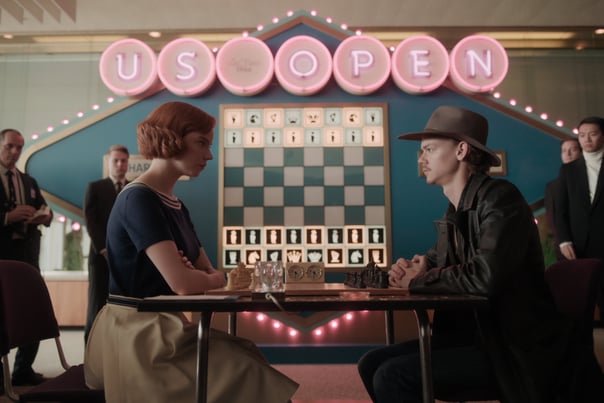

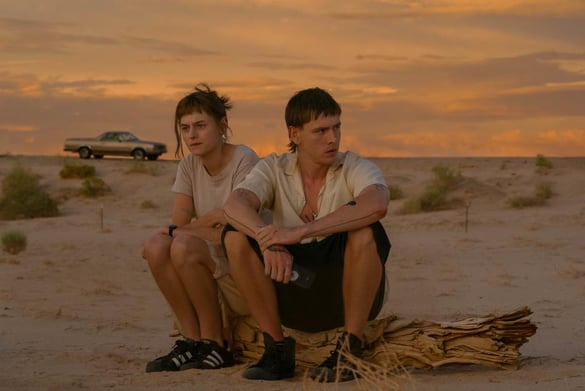

Daisy Jones and The Six
I have watched this complex, challenging, and ultimately triumphant post-apocalyptic series three times, despite knowing everything that’s going to happen. It’s based on a book by Emily St John Mandel, with some major changes (including a redemption arc). Mackenzie Davis as Kirsten Raymonde gives the performance of her career, ranging from an abandoned young child to a powerful champion to an angry attacker to, finally, the hero who both saves and welcomes everyone. It covers several different timelines, with cuts to the main characters in each of these different timelines, from the day civilization basically ended due to a global plague, to the initial struggles for the few survivors, to the post-technology sparsely-populated world twenty years later.
Station Eleven
Godless
Westerns typically have good guys and bad guys; emphasis on the word “guys”. This fantastic limited series rejects that expectation, focusing on a town where nearly all the men were killed in a mining accident and the surviving women hold it together. Michelle Dockery is the main hero, a female rancher estranged from the town because she won’t support their attempts to find new men to rescue them. She’s obviously famous for Downton Abbey and Restless, but this series is better, and she is incredible in it: complex, emotional, honorable, brave. And undaunted.
Throughout her young life, chess prodigy Beth Harmon faces and overcomes major challenges: being abandoned, abuse in a harsh orphanage, misogynistic beliefs that she could not succeed in chess, adoptive parents who very much had their own problems and were not on her side, self-doubt, and eventually alcoholism. Her journey here is inspiring and joyful as she masters chess at the highest level (failing numerous times along the way), adapts her approach to new opponents, and never gives up on herself. Beth Harmon is played by Anya Taylor-Joy, in what was hailed as her breakout role.
The Queen’s Gambit
A Murder at the End of the World
Starring Emma Corrin as Darby Hart, this series seems at first to be a traditional Agatha Christie whodunit: a dozen guests who mostly don’t know each other are invited by tech billionaire Andy Ronson (Clive Owen) to his remote retreat. Not surprisingly, one guest dies, and the investigation starts. But the show is more complex and challenging, not just as Darby hunts for the killer, but as other characters come on and off her side, and the power figures try to stop her. Or do they? The series opens with her reading a scene from her first book (about hunting and finding a serial killer), and then closes with her reading from her latest book, about this murder investigation. It’s just glorious.
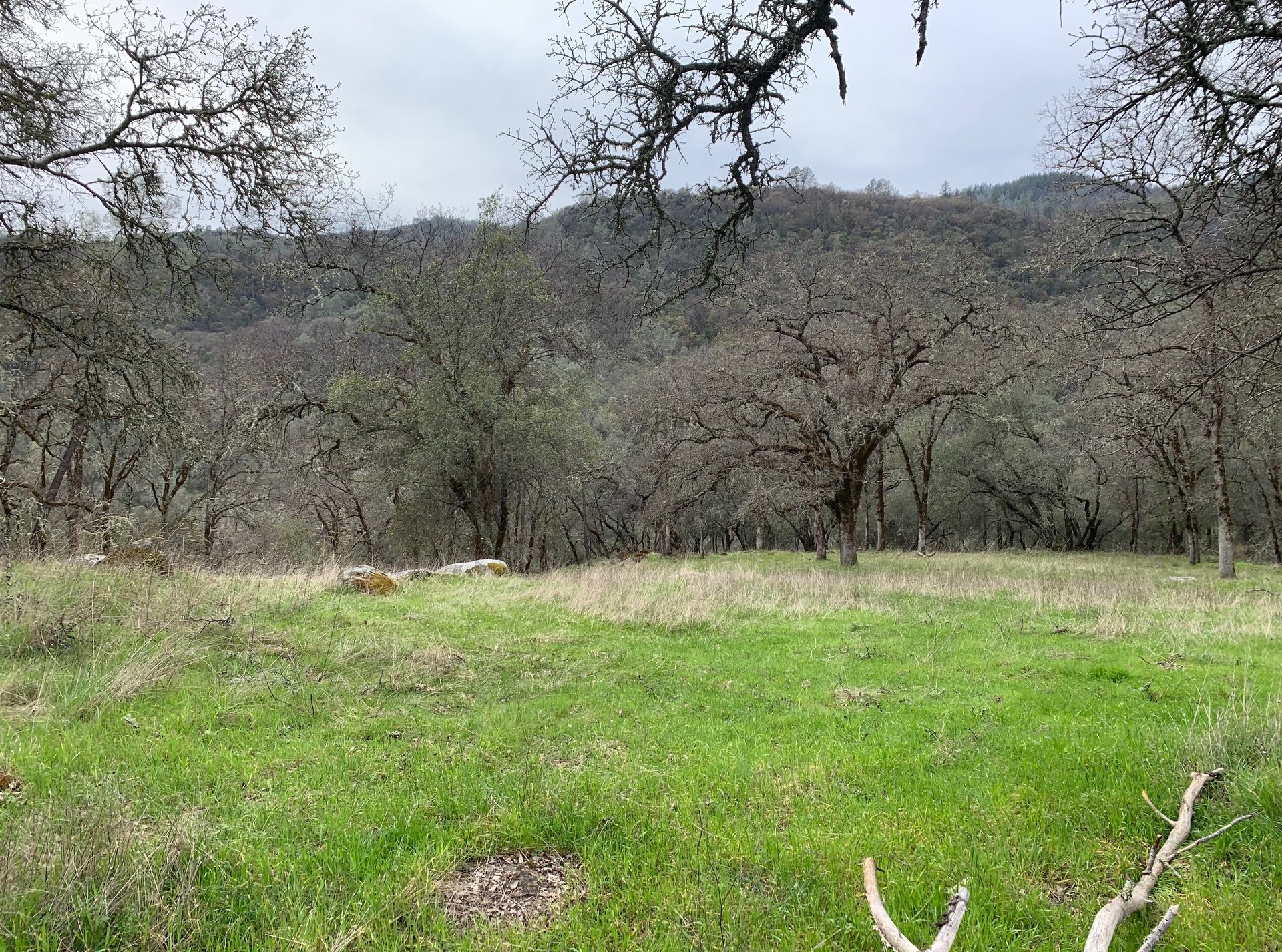
Stories
Essays
Reviews
© 2025. All rights reserved.
